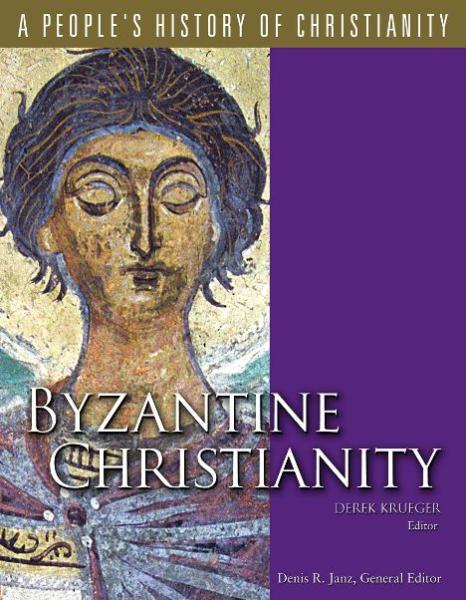Endorsements
"Hidden for centuries by their anonymity and illiteracy, the people of God—the body of Christ, the church—are finally having their story told, and by some of today's finest historians of the church. The saints, bishops, and theologians of traditional histories can now be placed against the panoramic and fascinating backdrop of the lived religion of ordinary men and women of faith. Highly recommended."
—Mark U. Edwards, Jr.
Harvard Divinity School
"Historians are supposed to be staid chroniclers of hardly changing stories. A People's History of Christianity will demonstrate that they need not be confined in these static roles. The concept of this 'people's history' represents a virtual revolution in the writing of Christian history, a change that means something dynamic, something that should draw the attention of many who do not think of themselves as likers of history.
"Here's why: this series of books, issuing from editors in whom I have great confidence and many of whose writers I know and respect, 'turns history upside down' and reveals what times and events were like for Christians—and sometimes their rivals and enemies—on the ground. Professional historians long neglected this 'up close' approach, evidently thinking that the basic folk did not merit attention. Add to that another reason for the failure to take them into account: it is harder to get at the stories and records of their lives.
"Now, thanks to a generation of historians with interests in ordinary (but really extraordinary) Christians in ages past, these people can be observed as seldom before. While they did not leave documents in the forms of formal creeds, confessions, or concordats, and while their names did not mean as much to cleric–chroniclers of old as did those of bishops, abbots, and emperors, we now have techniques to unearth scraps, snippets, letters, diaries, transactions, which, taken together and treated in expert hands, let us find how exciting their lives are, how misguided decisions were to talk about the elite few and neglect the faithful and faithless many.
"These stories may come up from the basement of church history, but news about their existence deserves to be shouted from the housetops."
—Martin E. Marty
